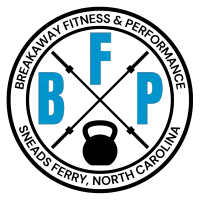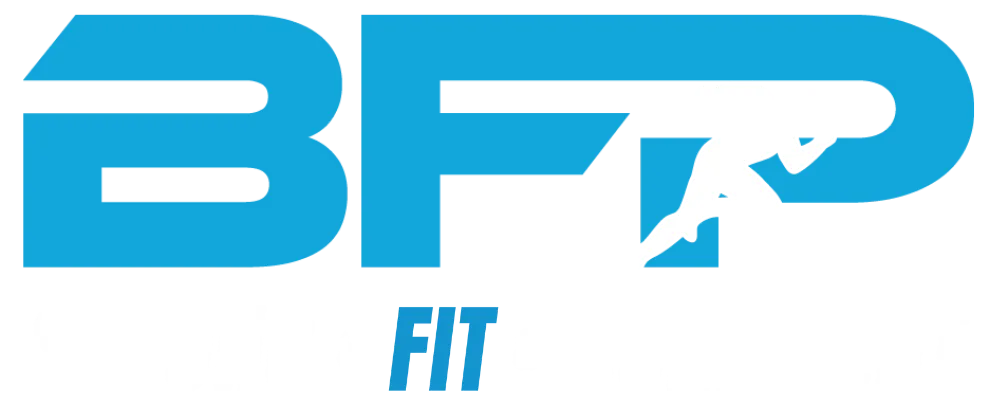WEIGHT LOSS & FITNESS BLOG
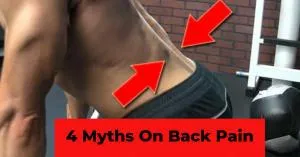
4 Myths of Back Pain
Everyone’s backs are quite different. Each person has their own capacity. Think of this as the sum of all activities you do in a day, particularly activity that affects the spine. Think about how you stand, how you sit, the physical labor of your job, and then of course, your workouts. We all have individual levels of tolerance as well. This is more focused on the physical side of capacity or the amount of work the spine can handle. This wouldn’t necessarily include sitting posture etc. It would focus more on when you are working out. Some folks, due to low levels of muscular endurance around their spine or in their core, might even exhaust their capacity during a warm up. Lucky for you, we can improve this and increase both your tolerance and capacity through training.
What we have to understand is that there is a fine line between how much we can tolerate. Sitting all day with poor posture can actually decrease your capacity as the musculature may be over stretched by the time you come to train. If you have exhausted your capacity for the day, and you come in to work out, it’s much more likely that you will injure yourself.
Because so many of us exhaust our capacity throughout the day and then workout, or we workout which exhausts some of our capacity and then go sit at work all day with poor posture, we tend to have a high occurrence of back pain in our society. With that there are several myths that surround back pain that are worth mentioning. Check them out!
Myth Number 1: It feels so good to stretch my back! Shouldn’t I do it then?
No, at least for most folks! We do not need to stretch our lower back. Having a flexible low back does not improve performance. Infact, in some of the world’s elite weightlifters, who are flexible as heck, are masters of keeping their spine super stiff. The mobility they have lies in the hips, ankles, and shoulders. In some folks, having a flexible back actually leads to an increased risk of injury. Mobility is a requirement but without controlled strength we will have unstable joints.
But stretching my back FEELS GOOD….. Most backs do not qualify for stretching as a valid approach for rehab or pain relief. Generally, although it “feels good”, usually we are more than likely keeping ourselves chronically inflamed! Stretching of the spinal ligaments can actually cause muscle spasms and inhibit the stretch reflex which is a protective mechanism! Check out the video below on how to stretch the hips without negatively affecting the spine.
Myth Number 2: Just Get Stronger Muscle strength does not predict injury in the area of the back. Muscular endurance DOES! Power comes from the hips, not the spine. When we move from the spine we tend to increase the risk for injury. Much like with flexibility, weightlifters develop a ton of power in the hips, as they do mobility, but not in the spine as it is locked in place. In fact for a given task, workers with back pain tend to load their backs to a greater degree when performing the same movement. If we cannot transfer strength from limb to limb through a stiff and coordinated trunk, it isn’t as useful.
Myth Number 3: All Movement Should Be Pain Free or No Pain No Gain Neither of these truly apply to the back. Often, when pain is present, we may alter our movement patterns to avoid the pain. If one is rehabbing, then movement should be pain free. If one is training, then some discomfort may take place and be okay.
Myth Number 4: Drawing The Belly Button In To Activate Specific Core Muscles We actually lack the ability to do this during movements. The transverse abdominis is generally the muscle being targeted when one is instructed to “draw in” the belly button. The TA actually contracts to stabilize the spine at very low levels and does so almost subconsciously. When the goal is to stabilize the spine during a movement, it is more effective to attempt to brace or create a box around the spine. Think about breathing in, allowing the belly to expand somewhat, then squeezing that belly even tighter. Attempt to maintain this pressure throughout the movement. Here’s a video where we show ya how!
So, hopefully you’ve learned a few things and may be able to improve your back pain as a result or keep it at bay! If you have any questions, please feel free to ask and stay tuned for more info on how to actually fix your back pain.
Reference:
All information from above was taken from “Ultimate Back Fitness And Performance” the Sixth Edition from Stuart McGill.
Thanks,
Coach Joe
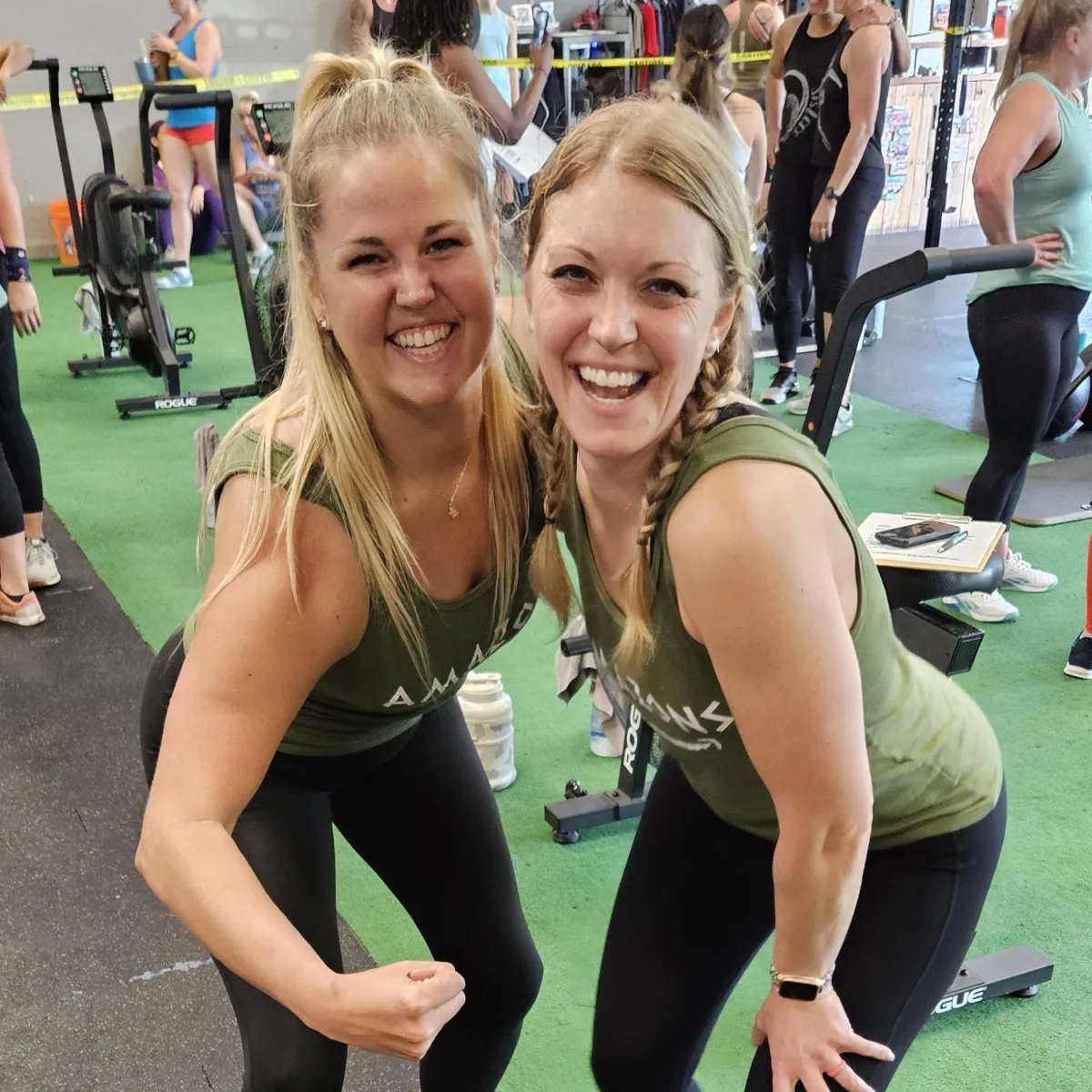
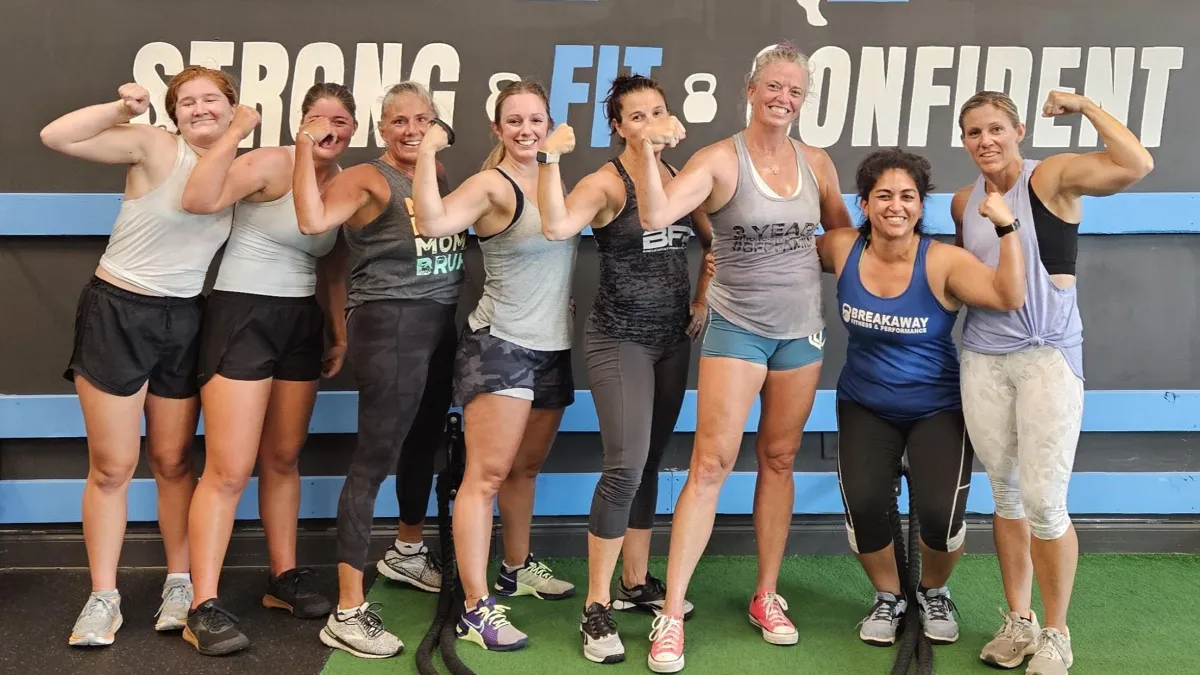
Are you Ready to become
sTRONG - FIT - cONFIDENT?
Click the Button To Start Your Journey Today!!

